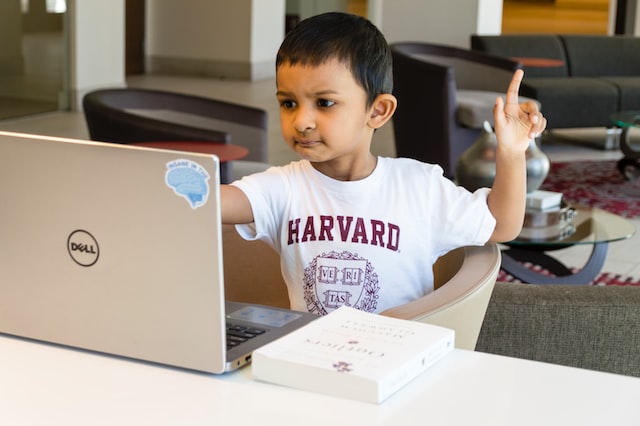As toddlers transition from infants to little children, they start to develop socially and interact more with the world around them. Social development refers to a child’s ability to form relationships, interact with others, and understand and manage emotions. In this article, we’ll explore the key milestones of toddler social development, how to support it, and what to expect along the way.
Understanding Social Development in Toddlers
What is Social Development?
Social development is the process through which children learn to interact with others and form relationships. It involves learning how to understand, manage, and express emotions, as well as recognizing the feelings of others.
Why is Social Development Important?
Social development is a critical aspect of a child’s overall development. It helps them form positive relationships with family, peers, and other adults, and builds the foundation for healthy emotional and mental development.
Key Milestones of Toddler Social Development
Social Smile and Laughing
As early as two months old, toddlers begin to smile in response to social interactions, such as being spoken to, tickled, or smiled at. By six months, they often start laughing in response to these interactions.
Initiating and Responding to Interactions
Around nine to twelve months old, toddlers become more interested in social interactions and start initiating them. They may babble, point, or reach for objects to get the attention of others. They also learn to respond to the social cues of others, such as waving goodbye or blowing a kiss.
Parallel Play
Around two years old, toddlers start to engage in parallel play, playing alongside other children but not necessarily interacting with them. This is a normal part of social development and helps children learn social norms and rules.
Socializing with Peers
Around three years old, toddlers become more interested in socializing with their peers. They start to engage in cooperative play and learn to take turns, share, and resolve conflicts.
Empathy and Emotional Regulation
Around four years old, toddlers start to develop empathy and a better understanding of their own emotions. They may be more able to express their emotions in words and are better at managing their emotional reactions.
Supporting Social Development in Toddlers
Encourage Social Interaction
Offer plenty of opportunities for your toddler to interact with other children and adults. You can do this through playdates, outings, and activities that encourage social interaction.
Model Positive Behavior
Children learn by example, so it’s essential to model positive social behavior. This includes using kind and respectful language, sharing, and taking turns.
Teach Emotional Literacy
Help your toddler understand their emotions by naming them and discussing how they feel. Encourage them to express their emotions in a healthy way and offer support when they’re upset.
Provide Opportunities for Play
Play is an essential aspect of social development, so offer plenty of opportunities for your toddler to engage in play. This can be through toys, games, and outdoor activities.
FAQs
1. How can I tell if my toddler is developing socially?
You can tell if your toddler is developing socially by observing their interactions with others. Look for signs of engagement, such as smiling, laughing, and initiating interactions. They should also be able to respond to the social cues of others.
2. How can I support my toddler’s social development at home?
You can support your toddler’s social development by offering plenty of opportunities for social interaction, modeling positive behavior, teaching emotional literacy, and providing opportunities for play.
3. What should I do if I’m concerned about my toddler’s social development?
If you’re concerned about your toddler’s social development, talk to their pediatrician. They can offer guidance and recommendations and may refer you to a specialist if necessary.
4. What should I do if my toddler struggles with socializing?
If your toddler struggles with socializing, try to be patient and provide plenty of opportunities for social interaction. You can also work with a specialist, such as a speech therapist or occupational therapist, to help them develop the skills they need.
5. How can I help my toddler develop empathy?
You can help your toddler develop empathy by modeling empathy and encouraging them to recognize and express their own emotions. You can also read books or tell stories that teach empathy and encourage them to practice empathy in their interactions with others.
Conclusion
Social development is an essential aspect of a toddler’s overall development, and understanding the key milestones can help parents support their child’s growth. By encouraging social interaction, modeling positive behavior, teaching emotional literacy, and providing opportunities for play, parents can help their toddlers develop the skills they need to form positive relationships and navigate the social world. Remember to be patient, and if you’re concerned about your child’s development, talk to their pediatrician for guidance and support.














